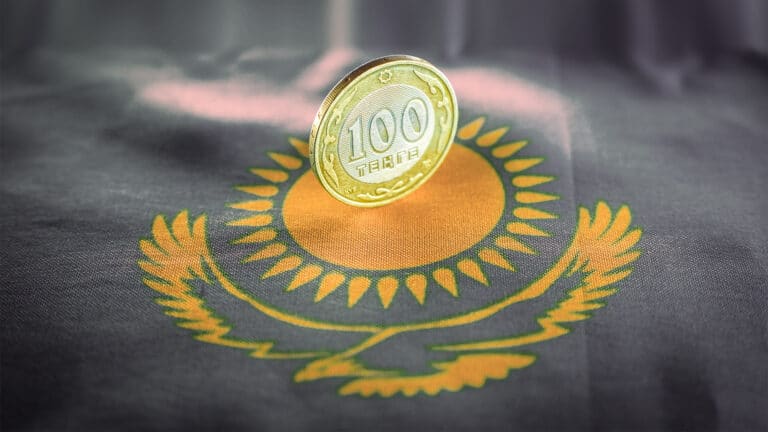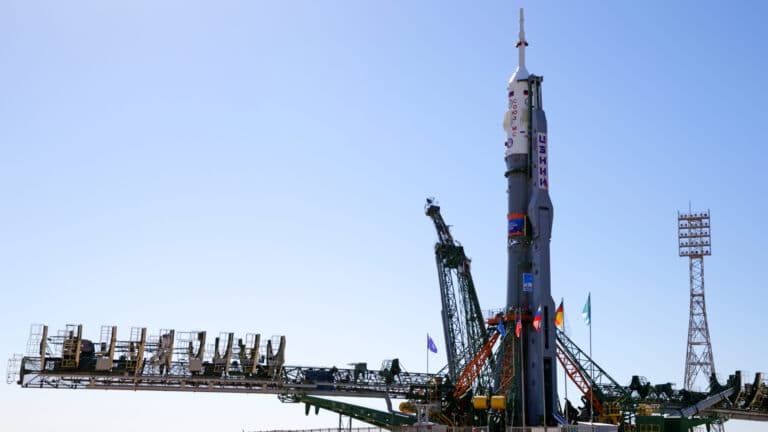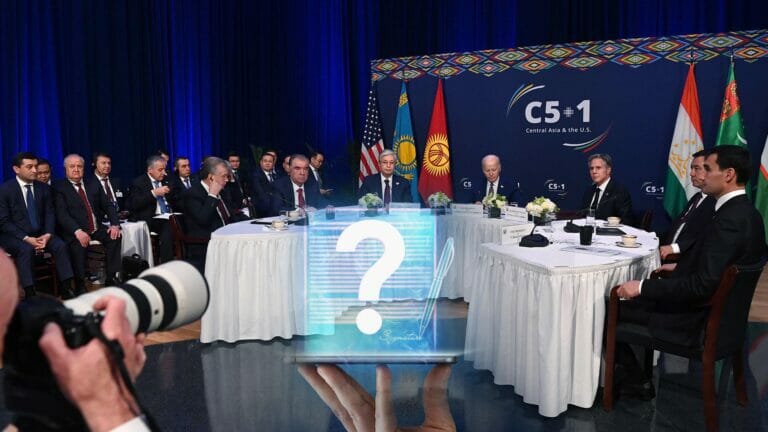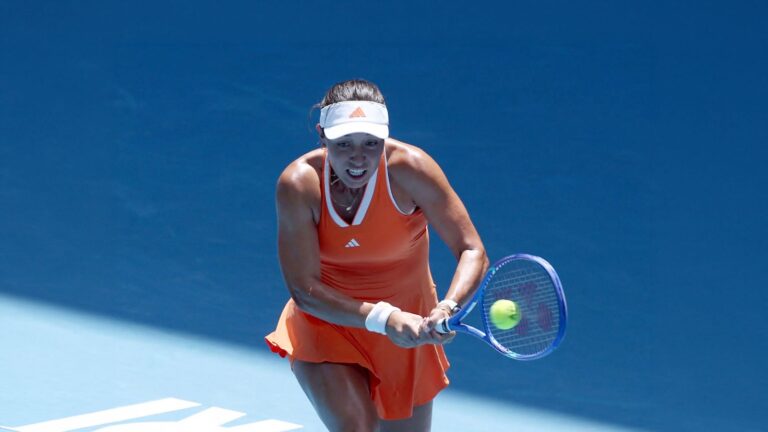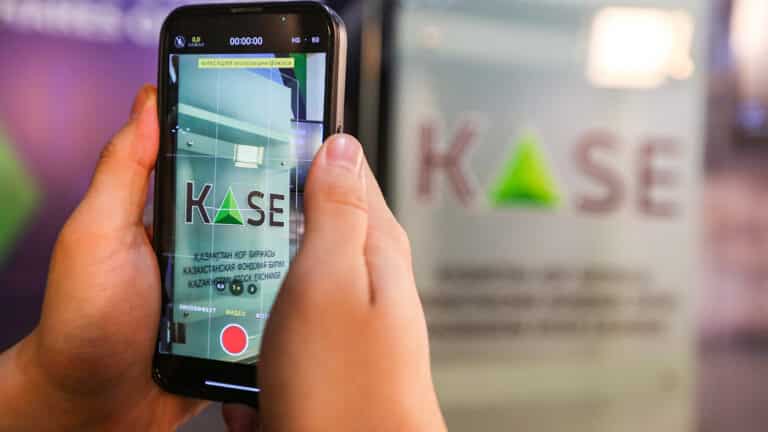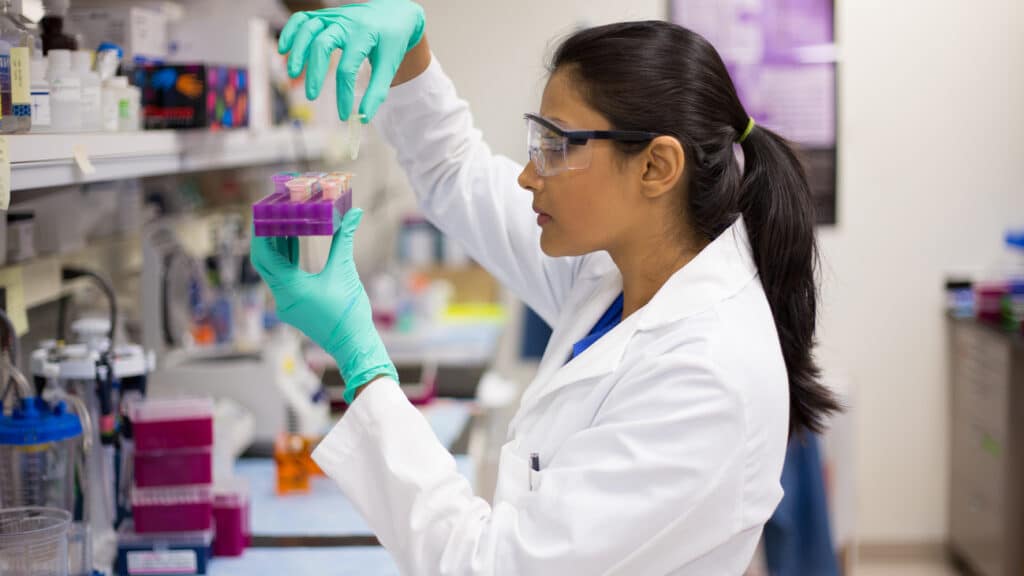
Kazakhstan’s Ministry of Science continues to test a new domestically produced cancer treatment drug, DVC. The medication is currently being administered to eight patients as part of the second phase of development to establish the maximum dosage patients can safely tolerate, the ministry reported in response to a request from the Informburo media portal.
Researchers from the National Laboratory Astana and the Kazakh Institute of Oncology and Radiology in Almaty are jointly working to determine the maximum tolerated dose of DVC. In this phase, cancer patients who meet specific criteria are receiving up to 36 injections of the drug in gradually increased doses.
The designated committee under the ministry noted that all participants have signed consent forms to participate in the clinical trials and are continuing with their usual treatments alongside the DVC testing.
In the initial phase of the study, researchers assessed the tolerability of a single injection of DVC. Thirty patients participated in that trial, from which the current participants were selected for the second phase.
«The maximum tolerated dose of DVC has now been established. Next, dose escalation studies will assess arsenic trioxide (ATO) when administered sequentially with DVC to determine the maximum tolerated doses for both drugs when combined. This will be followed by a Phase II clinical trial, as outlined in the approved protocol. To enhance DVC’s stability and shelf life, a new lyophilized (freeze-dried) dosage form will be developed,» the ministry stated.
As reported earlier this year, Kazakhstan’s cancer drug will undergo testing on 5,000 patients between 2027 and 2029, pending successful outcomes in earlier stages. Science Minister Sayasat Nurbek noted that approximately $4 million has been allocated to fund the current stage of research.
At the same time, nearly $900 million has been budgeted in Kazakhstan to implement a comprehensive anti-cancer plan adopted in 2023, aiming to reduce advanced-stage cancer cases to 10% of the country’s population.




